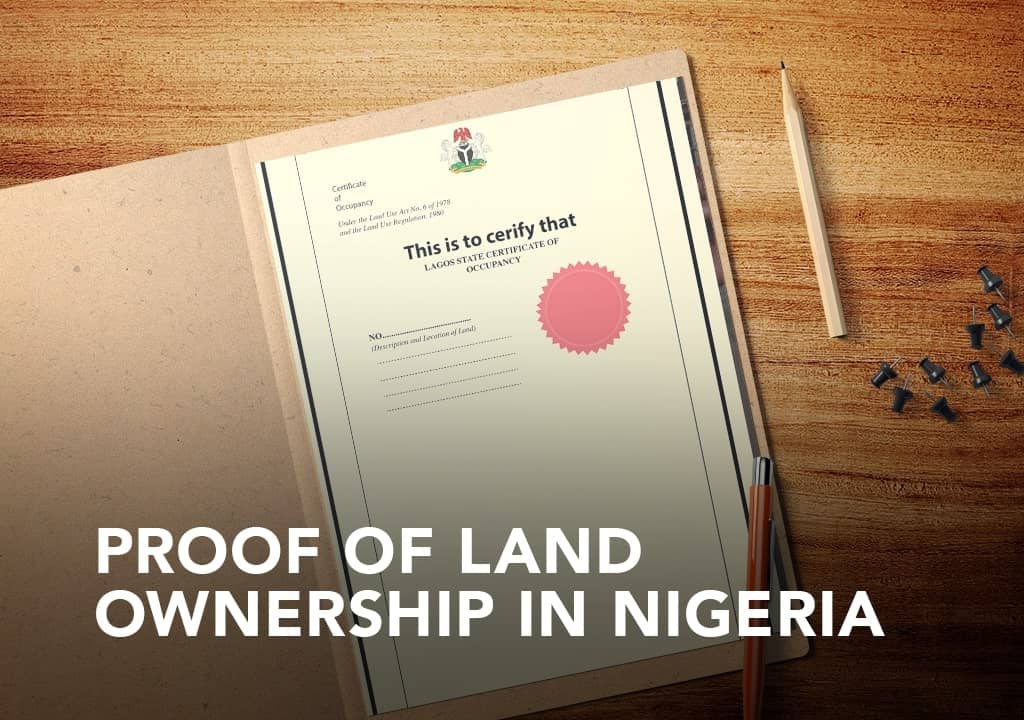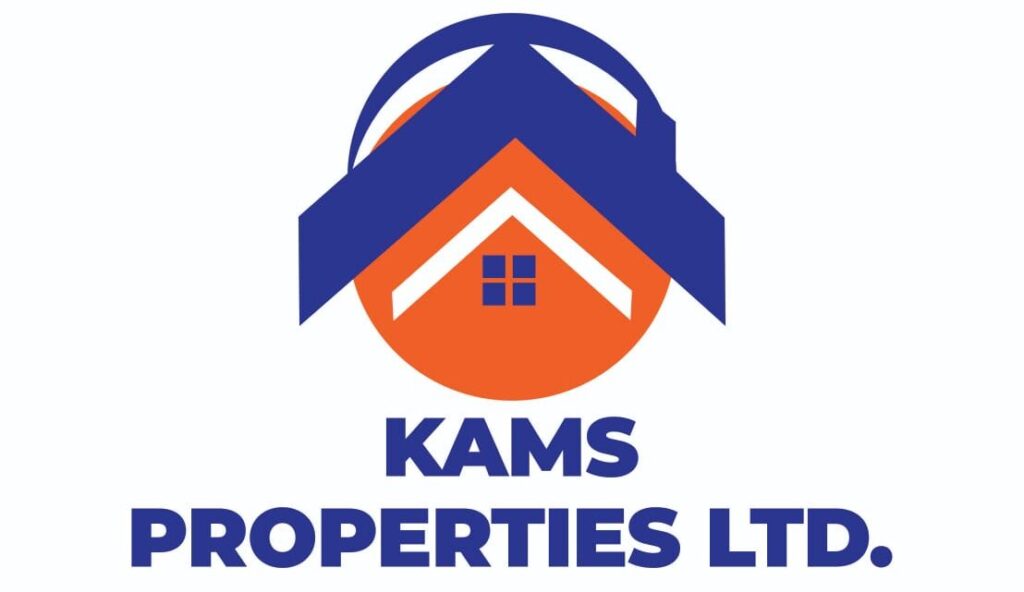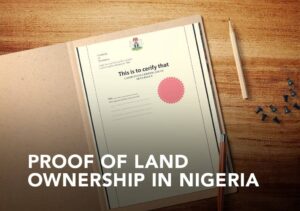In Nigeria, the acquisition and ownership of land are governed by several legal documents that ensure the rights and responsibilities of the landholder. Navigating the landscape of land documentation can be challenging, especially for first-time buyers or investors. This article provides an overview of the essential land documents in Nigeria, their significance, and what you need to know about them.
- Certificate of Occupancy (C of O)
The Certificate of Occupancy is one of the most critical land documents in Nigeria. It is issued by the state government to landowners and certifies the right to occupy and use the land for a specified period, typically 99 years. The C of O serves as a legal recognition of ownership and is vital for anyone looking to buy, sell, or use land as collateral for loans.
- Notable Facts:
- Issued by the state government.
- Validates the right to use and occupy the land.
- Typically valid for 99 years.
- Deed of Assignment
The Deed of Assignment is a legal document that signifies the transfer of ownership from the seller to the buyer. It contains detailed information about the land, including the size, location, and any encumbrances. This document is crucial in any land transaction and must be registered with the appropriate land registry.
- Notable Facts:
- Legal proof of transfer of ownership.
- Includes detailed information about the property.
- Must be registered with the land registry.
- Survey Plan
A Survey Plan is a detailed drawing that shows the boundaries and size of a parcel of land. It includes information such as the land’s location, dimensions, and any adjoining properties. The Survey Plan is essential for identifying the exact portion of land being transacted and ensuring that it matches the description in other legal documents.
- Notable Facts:
- Depicts the exact boundaries and size of the land.
- Crucial for identifying the specific parcel of land.
- Includes information on adjoining properties.
- Governor’s Consent
Under the Land Use Act of 1978, all land transactions in Nigeria require the consent of the governor of the state where the land is located. The Governor’s Consent is necessary for any subsequent transactions after the initial acquisition and is required for the Deed of Assignment to be legally binding.
- Notable Facts:
- Required for all land transactions under the Land Use Act.
- Ensures that the transfer of ownership is legally binding.
- Must be obtained from the state governor.
- Excision and Gazette
Excision is the process by which the government releases a portion of land to indigenous people or communities, removing it from government control. A gazette is an official publication that documents the details of excised land, including its boundaries and the names of the communities involved. An excision ensures that the land is free from government acquisition, making it safe for purchase.
- Notable Facts:
- Excision releases land from government control.
- Gazette officially documents excised land.
- Ensures land is free from government acquisition.
- Right of Occupancy (R of O)
The Right of Occupancy is similar to the Certificate of Occupancy but is usually issued for a shorter period and often serves as an initial recognition of land use. The R of O can be issued by either the local government (for rural lands) or the state government (for urban lands) and is a precursor to obtaining a C of O.
- Notable Facts:
- Similar to C of O but usually for a shorter duration.
- Can be issued by local or state governments.
- Often a precursor to obtaining a C of O.
- Governor’s Consent
Under the Land Use Act of 1978, all land transactions require the consent of the governor of the state where the land is situated. This consent validates the transaction, making it legally binding. Without the Governor’s Consent, any land transaction is considered incomplete and unenforceable.
- Notable Facts:
- Required for all land transactions to be legally binding.
- Ensures compliance with the Land Use Act.
- Must be obtained from the state governor.
Conclusion
Understanding the various land documents in Nigeria is crucial for anyone involved in real estate transactions. These documents not only validate ownership but also protect the buyer’s interests. It is advisable to consult with legal experts or real estate professionals to navigate the complexities of land documentation and ensure that all necessary documents are in order.





